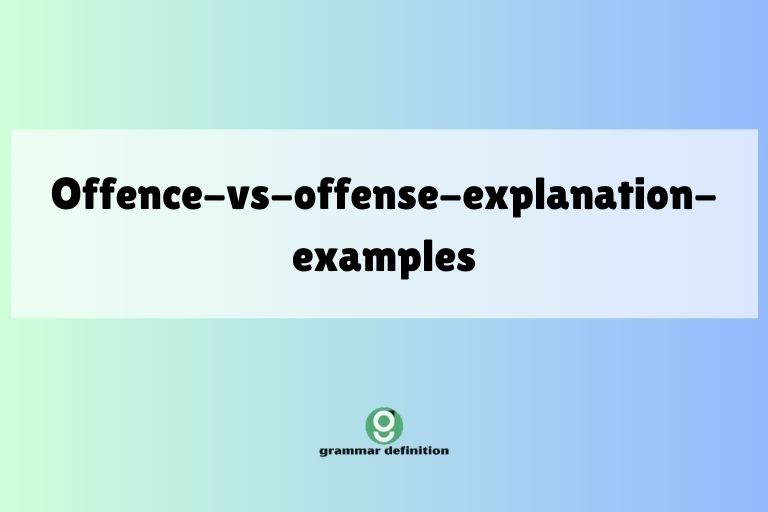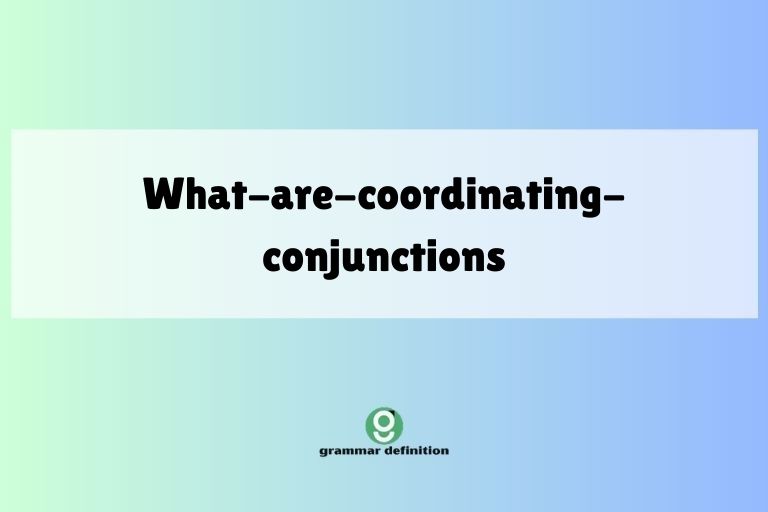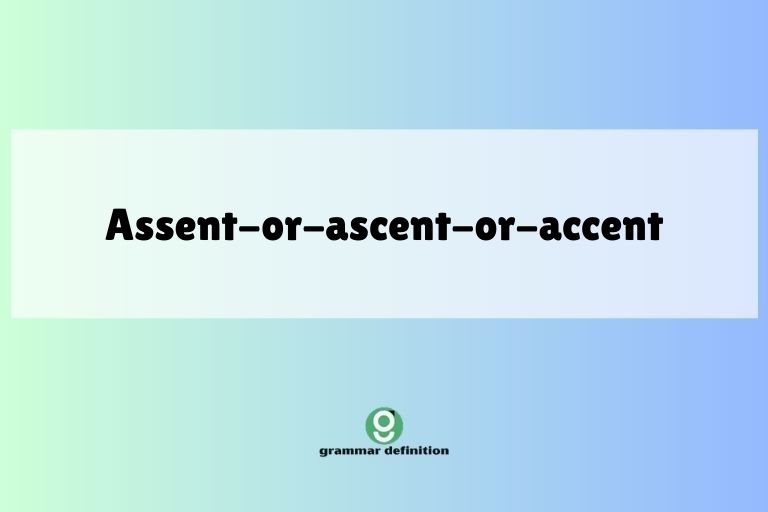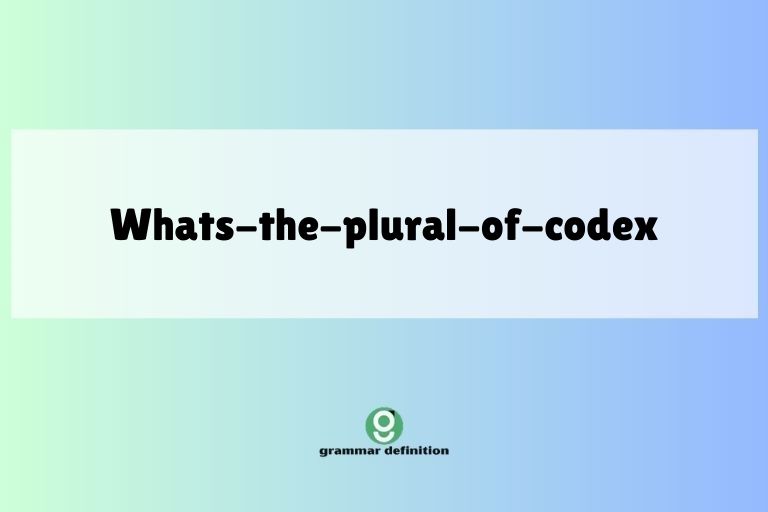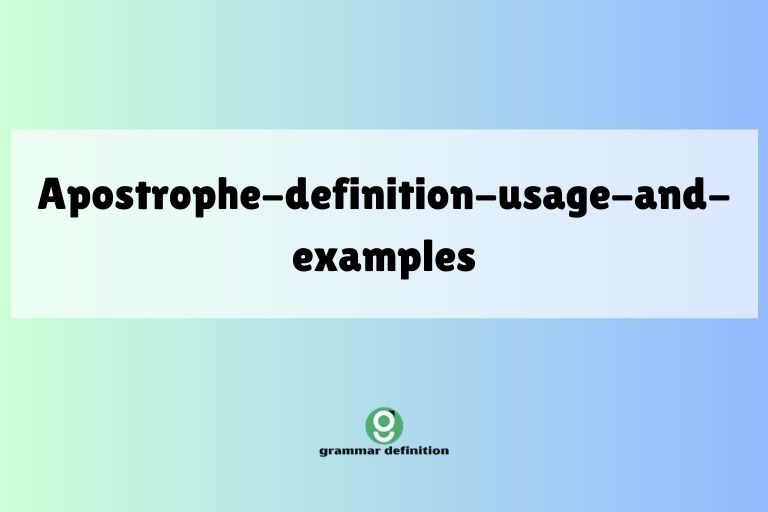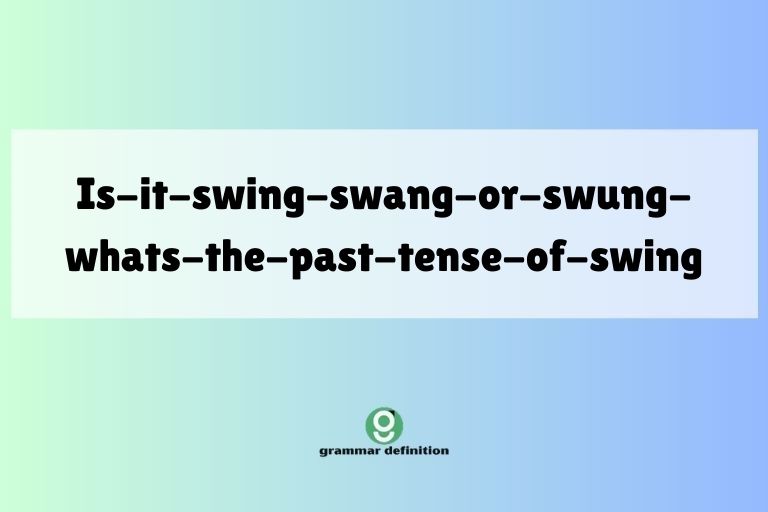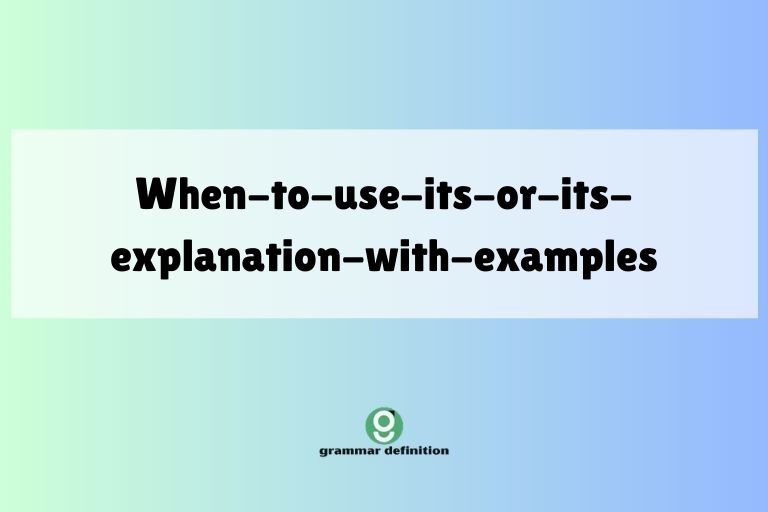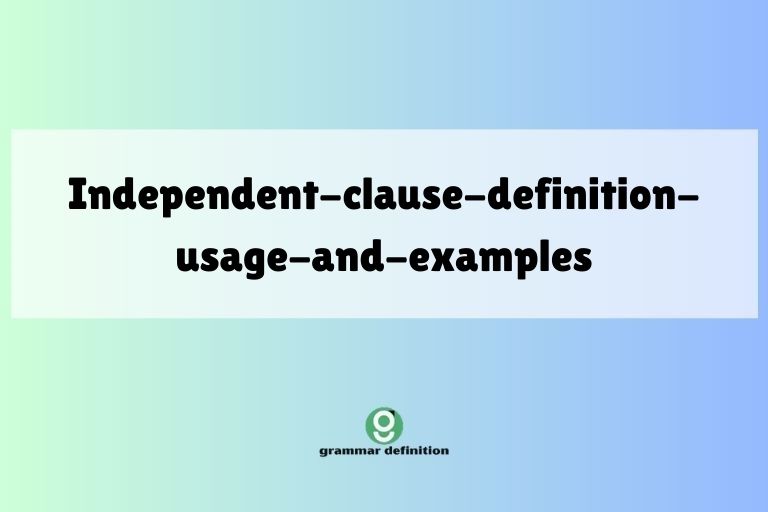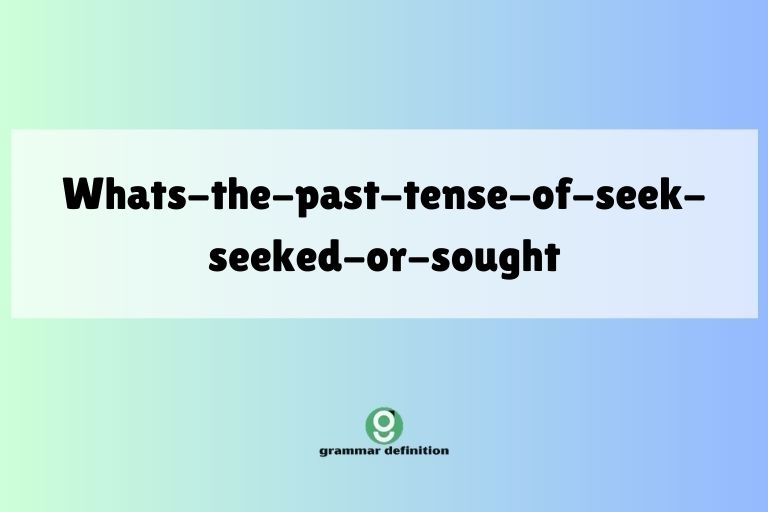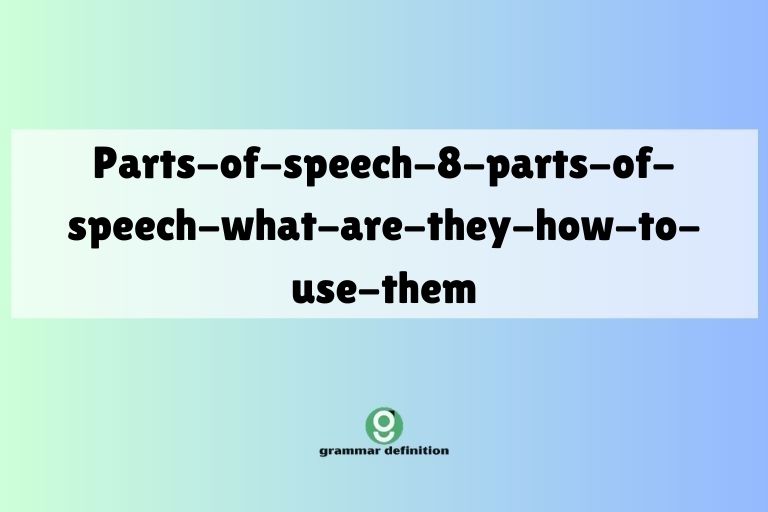Offense vs. Offence: Understanding the Spelling Difference
Navigating the nuances of English spelling can sometimes feel like traversing a minefield. One particularly common point of confusion arises with the words “offense” and “offence.” While they sound identical and share the same core meaning, their usage is dictated by regional variations in spelling conventions. Understanding this distinction is crucial for clear and effective … Read more

